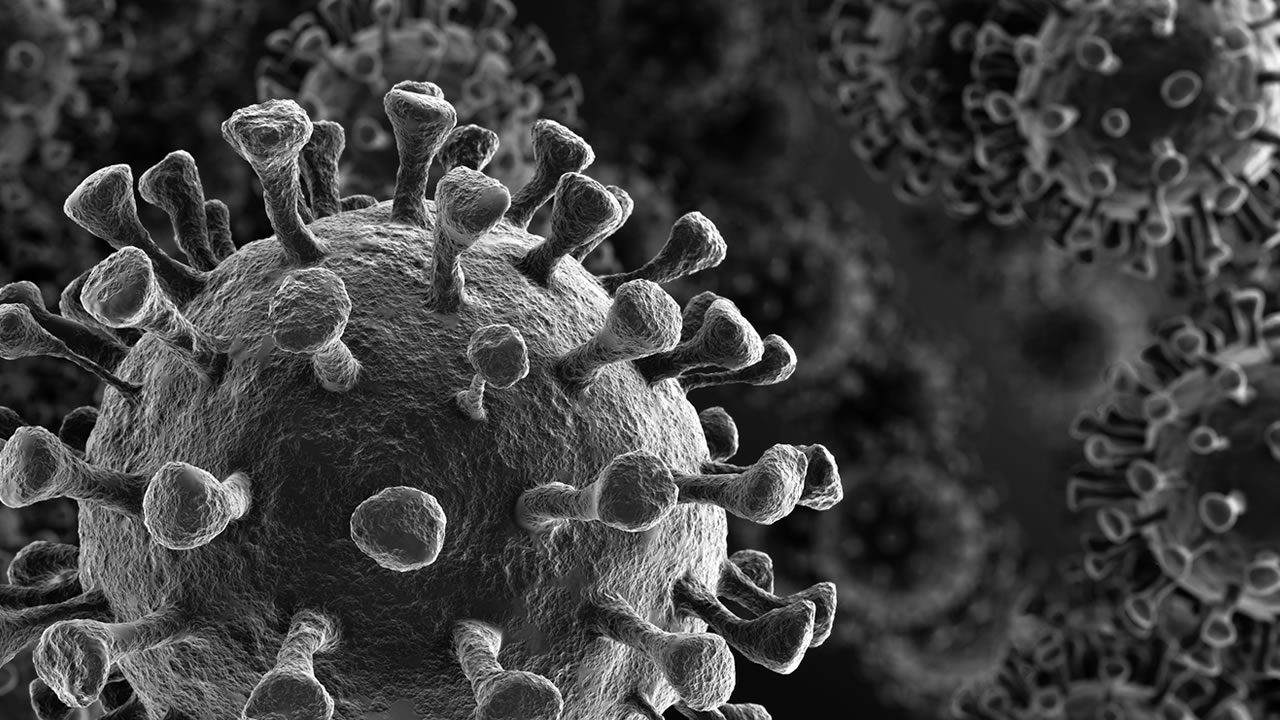UC Irvine students developing app to trace path, keep track of COVID-19 exposure checkpoints
TrackCOVID can potentially trace the path of COVID-19, while also maintaining the identity of the individuals who use it, and it's in the works at UC Irvine.

IRVINE, Calif. (KABC) -- An app that has the potential to trace the path of COVID-19, while also maintaining the identity of the individuals who use it, is in the works at the University of California, Irvine.
Instead of focusing on who contracts it, the app records that various places the virus itself presents itself, said junior specialist Tyler Ysaka, one of the co-creators of TrackCOVID. Tech giants like Apple and Google have also launched efforts to use smartphones to contain the pandemic.
"I tried to think about a design where you really don't keep up with the people as much as possible. You just keep up with the paths that the virus could take," Yasaka said.
The idea, which was published in a digital health research journal, works for two scenarios. The first is for meetings of small groups of people.
Apple, Google to harness phones for coronavirus infection tracking during COVID-19 outbreak
Yasaka describes this encounter with an example of a meeting between two people, one which hosts a checkpoint on the app and get a QR code on their screen. The other person, or people, joins the checkpoint by scanning the code.
No sign up or personal information is required to use the app.
The other scenario applies to larger gatherings such as concerts or grocery stores. Yasaka suggests placing a code at the entrance of the venue to be scanned by all who enter, which he says creates much-needed social accountability.
Coronavirus symptoms, tips amid COVID-19 outbreak

"My philosophy is that with QR codes it becomes kind of a social activity. I mean really, for something like this, you need a lot of people to participate for it to really work well. So I would like to see something like this become a social norm," Yasaka said.
If you're at a location which the app has registered as a checkpoint with a high risk of exposure, it notifies you.
Additionally, if somebody tests positive for coronavirus, they can report it. Once someone anonymously reports a confirmed case, that person receives a confirmation code through their testing site.
Then, by using that person's history of checkpoints on the app, anybody who was exposed to that person would be informed while keeping the individual anonymous.
The creators of the app don't recommend their proof of concept model for widespread use quite yet, but they're asking the public to test it and make recommendations for improvements.












